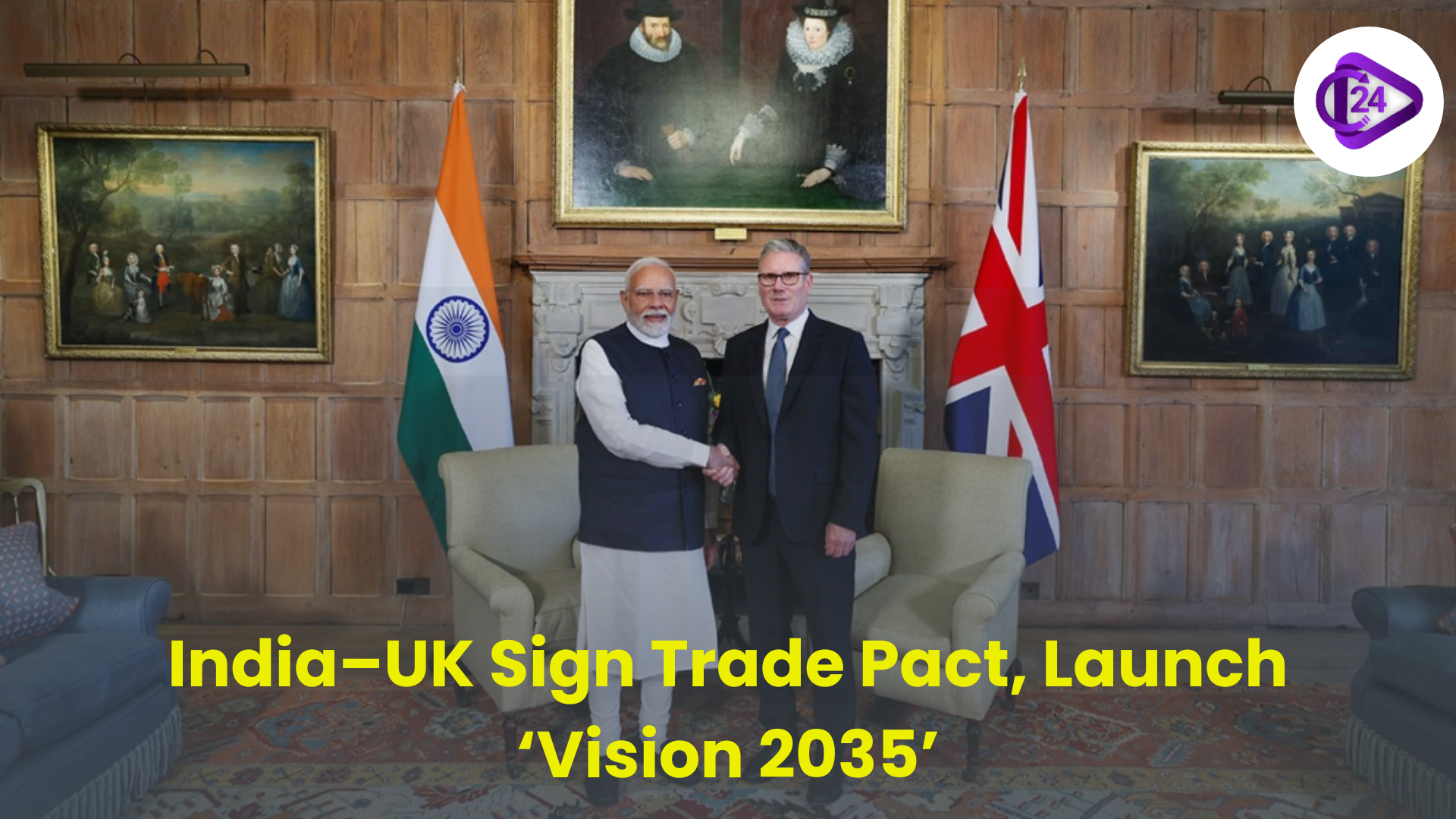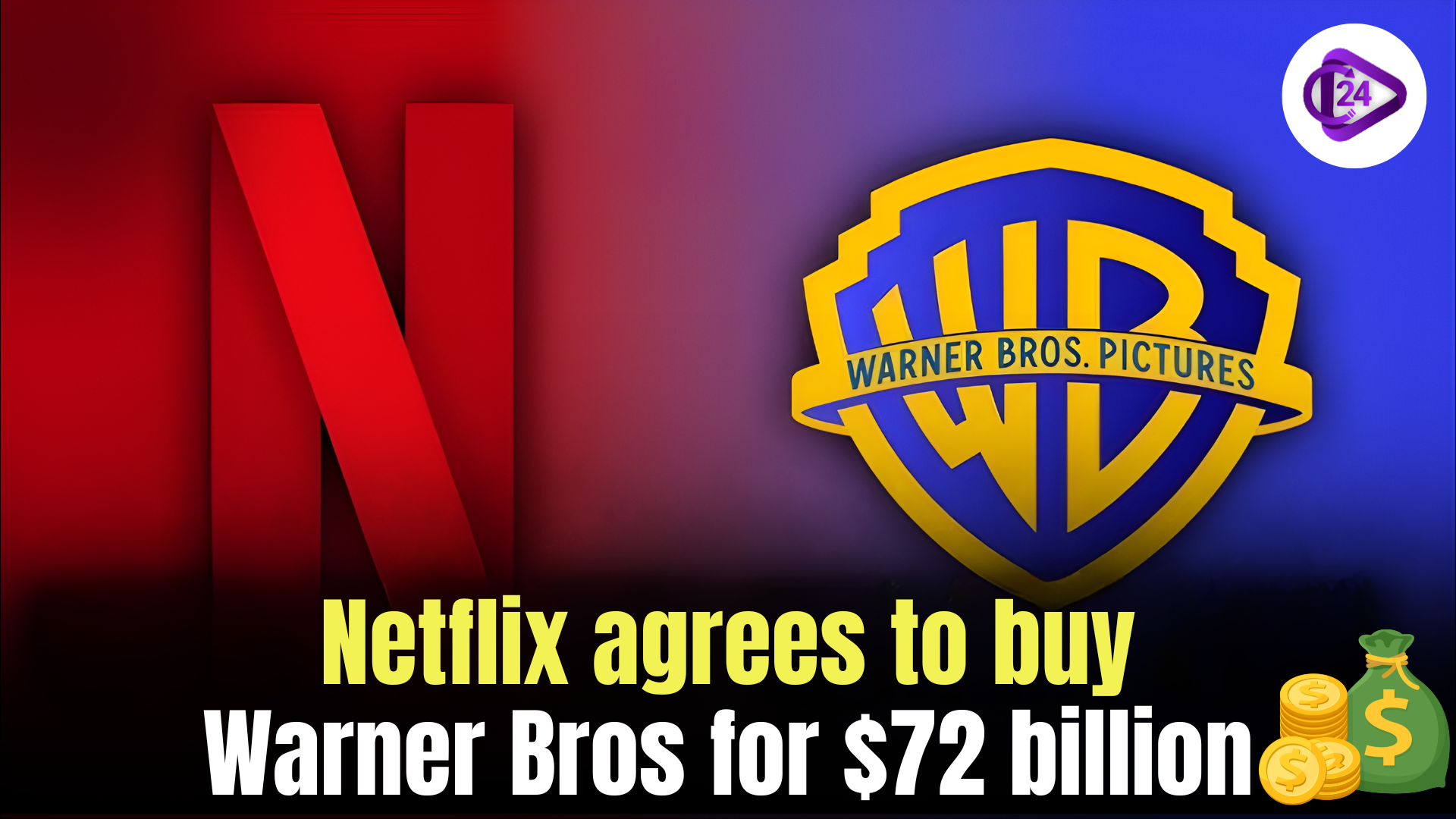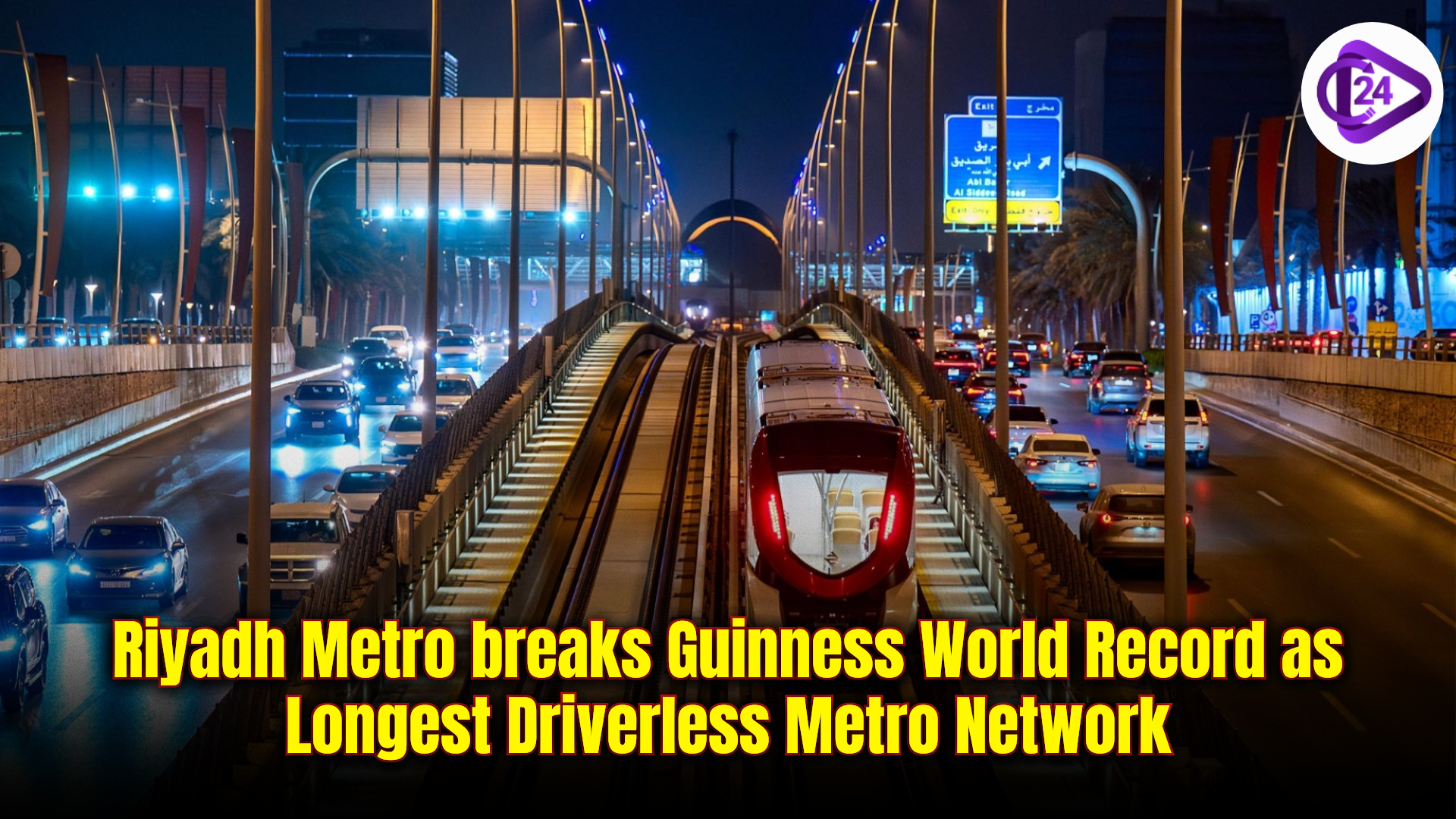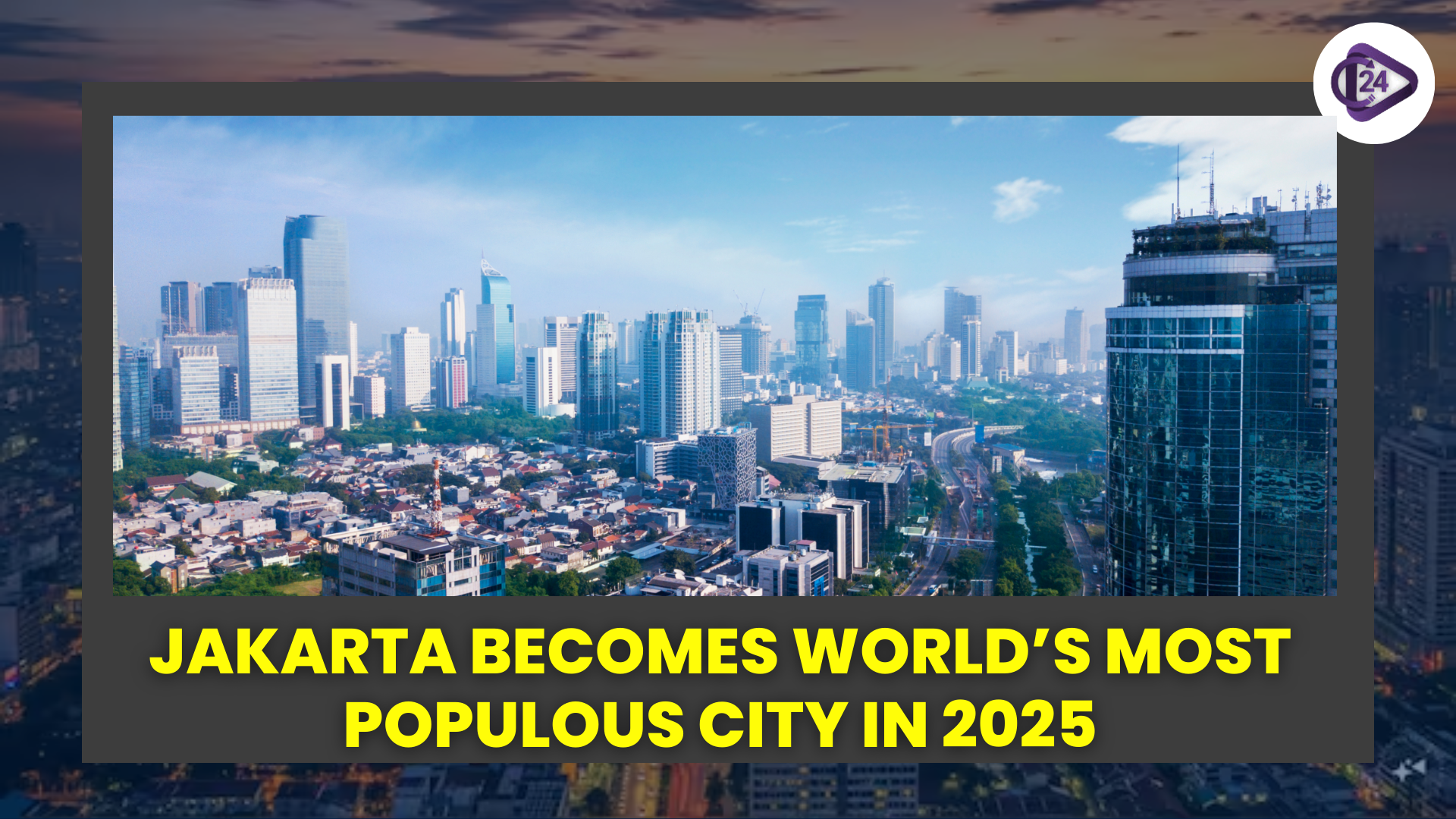
A Comprehensive Economic Trade Agreement (CETA) was signed by India and the United Kingdom on a visit of the Prime Minister of India, Narendra Modi, to the U.K. The agreement will lower tariffs, increase exports, improve bilateral trades, as well as intensify in the sectors of MSMEs, aerospace, food, and jewellery. The two countries converted the Roadmap 2030 to a greater India U.K. Vision 2035. The contract has a clause of social contribution exemptions as a part of a new Double Contributions Convention (DCC). U.K. termed it to be its largest post-Brexit agreement and the most generous trade deal that India has ever had.
Context:
-
Event: the signing of Comprehensive Economic Trade Agreement (CETA)
-
Time: July 2025
-
Location: Chequers Estate, the U.K.
-
Important Leaders: PM Narendra Modi (India), PM Keir Starmer (U.K.)
Key Points
Summary of the Agreement:
Tariff and Trade advantage:
-
The Indian exports consider MSME products, footwear, jewellery, seafood, and engineering goods to enjoy tariff cuts in the U.K.
-
Medical devices and aerospace components produced by Britain will have reduced tariffs in India.
-
U.K consumers will enjoy Indian cheaper clothes, foods, and shoes.
Economic Significance:
-
The agreement was described as the U.K. largest since Brexit.
-
The deal was referred to as the best one that India has ever produced to any nation.
-
Will enhance two-way trade and produce employment on both sides.
Framework vision 2035:
-
Overshadows previous IndiaU.K. Roadmap 2030.
Key Pillars:
-
Jobs growth and trade
-
Technology & Innovation (a development of Technology Security Initiative)
-
Climate Action
-
Defence and Strategic Security
-
PM-level interaction on a regular basis and monitored on Annual basis at Foreign Ministerial level.
Double Contributions Convention (DCC):
-
Fresh social security arrangement to employees.
-
Enables Indian and British professionals working in the other country that they can only pay social contributions in one country up to 3 years (as opposed to 1 year).
Strategic and Multilateral Cooperation:
-
Commitment to UNSC reforms; U.K. supports India’s permanent membership.
-
Joint pledge to reform multilateral bodies:
-
United Nations
-
WTO
-
WHO
-
IMF
-
World Bank
-
Commonwealth
-
-
Common stand on anti-terrorism, with no tolerance for double standards
Conclusion
The commercial treaty between India and the U.K. is a radical shift in the bilateral relationships. The agreement is very economically advantageous, symbolizes a common strategic agenda, and enhances the collaboration in international governance. It also places India and the U.K. as similar-minded partners sharing an auspicious value of prosperity, security and the ability to both cooperate and gain sufficiency in the 21 st century.



 Donald Trump Receives First FIFA Peace Prize
Donald Trump Receives First FIFA Peace Prize International Civil Aviation Day 2025 – Everything About the History, Theme and Its Importance
International Civil Aviation Day 2025 – Everything About the History, Theme and Its Importance Netflix to buy Warner Bros Discovery's Studios, Streaming Unit for $72 Billion
Netflix to buy Warner Bros Discovery's Studios, Streaming Unit for $72 Billion Russia to Join India-led International Big Cat Alliance
Russia to Join India-led International Big Cat Alliance India, Maldives Begin 14th Edition of Exercise Ekuverin 2025
India, Maldives Begin 14th Edition of Exercise Ekuverin 2025 World AIDS Day 2025
World AIDS Day 2025 Riyadh Metro Breaks Guinness World Record as Longest Driverless Metro Network
Riyadh Metro Breaks Guinness World Record as Longest Driverless Metro Network Vietnamese Film ‘Skin of Youth’ Bags Golden Peacock Award
Vietnamese Film ‘Skin of Youth’ Bags Golden Peacock Award India Launches Operation Sagar Bandhu to Support Sri Lanka After Cyclone Ditwah
India Launches Operation Sagar Bandhu to Support Sri Lanka After Cyclone Ditwah Jakarta Becomes World’s Most Populous City In 2025
Jakarta Becomes World’s Most Populous City In 2025






